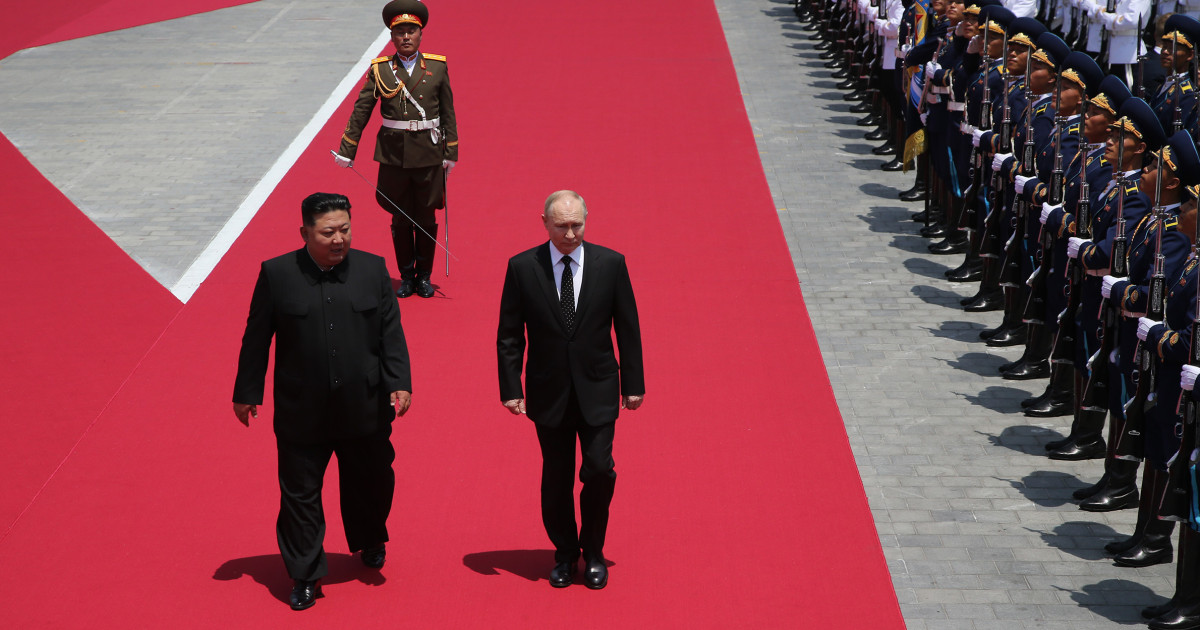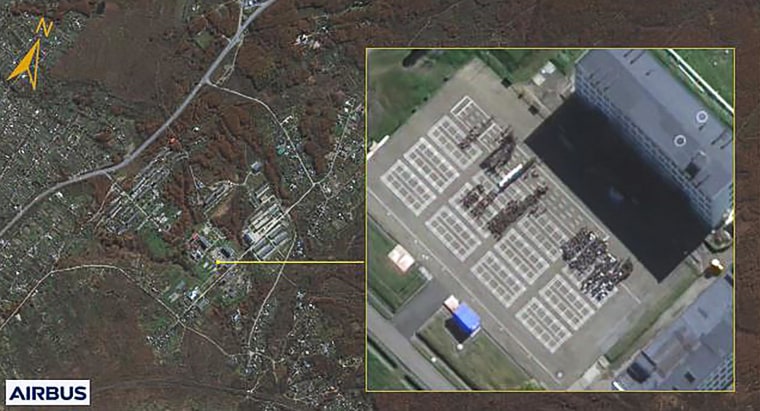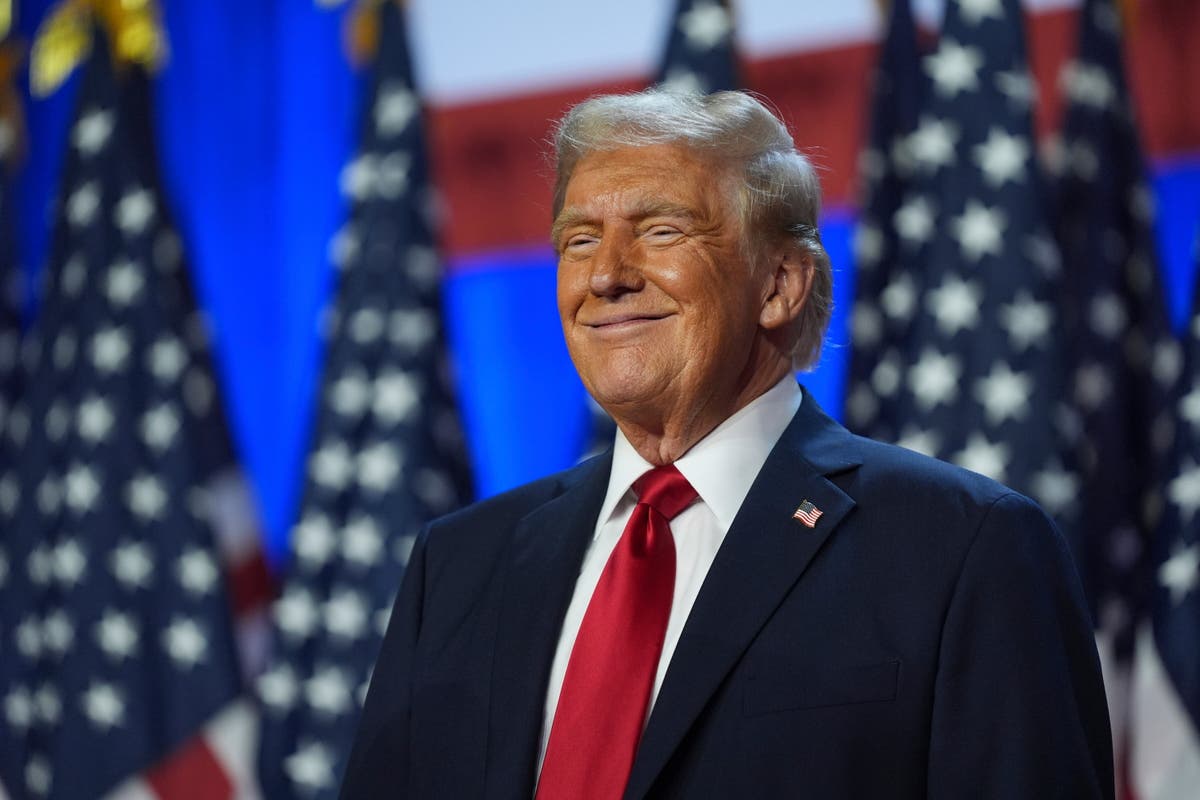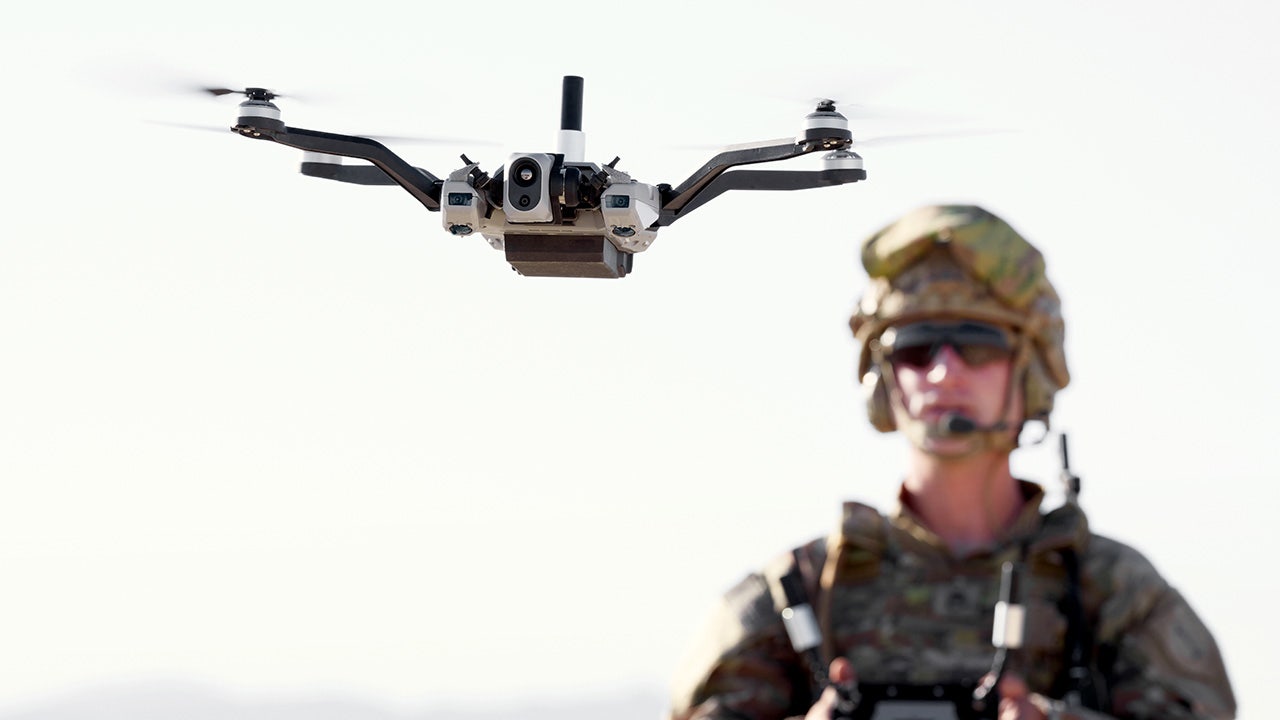World
Why North Korea sending soldiers to Russia will bother China

HONG KONG — North Korean troops will begin fighting alongside Russian forces as soon as this weekend, Ukraine said Friday — adding new urgency to a stunning turn in the war that has alarmed the Kremlin’s foes but may also be causing a headache for its friends.
Reports confirmed by Washington this week that North Korea is sending soldiers to Russia to possible battle Ukraine have raised serious concern among the U.S. and its allies, who say their involvement marks a major escalation in the grinding conflict and could deepen security risks for North Korea’s neighbors.
It is also likely to be unwelcome news in China, which has long been North Korea’s main ally but whose influence over the reclusive nuclear-armed state is being eroded by leader Kim Jong Un’s growing relationship with President Vladimir Putin.
For Beijing, the deployment of troops from Pyongyang is the latest and most alarming sign of Moscow’s encroachment.
“I think they’re very uncomfortable with it,” said Ian Bremmer, founder and president of Eurasia Group, a consulting firm based in New York.
“If the North Koreans are actually sending troops to fight with the Russians, then clearly the level of Russian willingness to support North Korea, to help defend North Korea, is going to be equivalent,” he told NBC News in an interview Thursday. “And that really, in many ways, supplants China as North Korea’s most important protector.”
Ukraine says 12,000 North Korean troops in Russia, could join fight starting Sunday
The U.S. and its ally South Korea say 3,000 North Korean troops have been deployed to Russia, with the total expected to reach 12,000.
On Friday, a representative of the Ukrainian Defense Ministry’s Main Directorate of Intelligence told NBC News that all 12,000 North Korean soldiers were in Russia already, and that 3,000 of them were moving toward the border with Ukraine.
Ukrainian President Volodymyr Zelenskyy said Friday in a post on X that the first North Korean soldiers were expected to be deployed in combat zones as early as Sunday. It would be the North Korean military’s first large-scale overseas deployment since the Vietnam War.
Ukraine said Thursday that the first North Korean troops had already been deployed in the Russian border region of Kursk, where Ukrainian forces launched an incursion in August.
Video released last week by the Ukrainian government’s Centre for Strategic Communication and Information Security is said to show North Korean soldiers in Russia’s Far East being equipped with Russian military kits. NBC News has not independently verified the date or location of the video, in which people can be heard speaking Korean.
In addition to providing Putin a boost on the battlefield, the involvement of North Korean troops would further strengthen his partnership between with Kim, who signed a pact in Pyongyang in June that includes a pledge of mutual defense.
Putin didn’t deny that North Korea was sending soldiers to Russia, initially resorting to sarcasm when NBC News asked about it Thursday and saying it was up to the two countries to decide how they implement the agreement.
“We are in contact with our North Korean friends. We’ll see how that process develops,” he said as he hosted the summit of BRICS nations in Kazan, Russia. He added that it was the U.S. and other Western countries that had escalated the war in Ukraine.
A North Korean representative to the United Nations in New York said Monday that reports of North Korean soldiers being sent to Russia were “groundless rumors.”
South Korea said Friday that it was “deeply concerned” after the mutual defense pact was ratified a day earlier by the lower house of the Russian parliament, with the upper house expected to follow shortly.
South Korean Defense Minister Kim Yong-hyun and his U.S. counterpart, Lloyd Austin, are set to hold their annual meeting next week in Washington. South Korean officials said Friday that the two men will discuss how the North Korean deployment might affect the security situation on the Korean Peninsula.
Tensions there have been rising as North Korea, which remains technically at war with the South, continues to advance its weapons programs and issue threats.
The U.S. and other countries say Moscow may be providing Pyongyang with key military technology for those programs in exchange for munitions it needs in Ukraine, including millions of artillery shells. Both North Korea and Russia deny any transfer of arms.

But experts say the arrangement could leave Moscow even more beholden to Pyongyang, and perhaps more willing to share the technologies and expertise that North Korea most covets.
The entry of North Korean troops into the Ukraine war could also lead to even further escalation of the conflict.
South Korea is now considering upgrading its support for Ukraine from non-lethal aid to defensive and perhaps even offensive weapons. The government of Japan, another U.S. ally that is directly threatened by North Korea’s weapons programs, said Friday that it was monitoring the situation “with grave concern.”
China, which borders both North Korea and Russia and has been growing closer with both as it seeks to challenge the U.S.-led international order, has its own reasons to be concerned.
It has strived to portray itself as neutral in the Ukraine war, putting forward a peace plan that Ukraine, the U.S. and others say is too favorable to Russia. But China has supported Russia diplomatically and economically, and the U.S. accuses it of supplying Russia with dual-use technology, which it denies.
Beijing has not been especially happy with either the recent behavior of North Korea or the direction of the war in Ukraine, Bremmer said.
He noted that Chinese President Xi Jinping called for an end to the Ukraine war in a speech this week at the BRICS summit.
“I think that the North Korea move is a big part of that, frankly,” Bremmer said.
Asked Thursday about the reported North Korean deployment, a Chinese Foreign Ministry spokesperson said Beijing was not aware of the situation.
“China’s position on the Ukraine crisis has been consistent and clear, and it hopes that all parties will work towards de-escalating the situation and remain committed to a political solution,” the spokesperson, Lin Jian, said at a regular briefing in Beijing.
Bremmer, who met with Chinese Foreign Minister Wang Yi and other senior Chinese leaders while in Beijing last week, said he got the sense they were “clearly uncomfortable” with the Russia relationship and the course of the war in Ukraine, which began weeks after Xi and Putin declared a “no limits” partnership in Beijing in February 2022.
“They were saying things like, ‘Well, the Kremlin told us that this was going to be done in a few weeks,’ and it isn’t,” Bremmer said. “So in other words, they kind of sold them a bill of goods.”
Though the Chinese government has so far appeared largely unwilling to use its influence over Russia in Ukraine, Bremmer said it was now actively considering “taking a more assertive stance, maybe after the elections being more willing to work with the Americans and others to try to bring the war to an end.”










